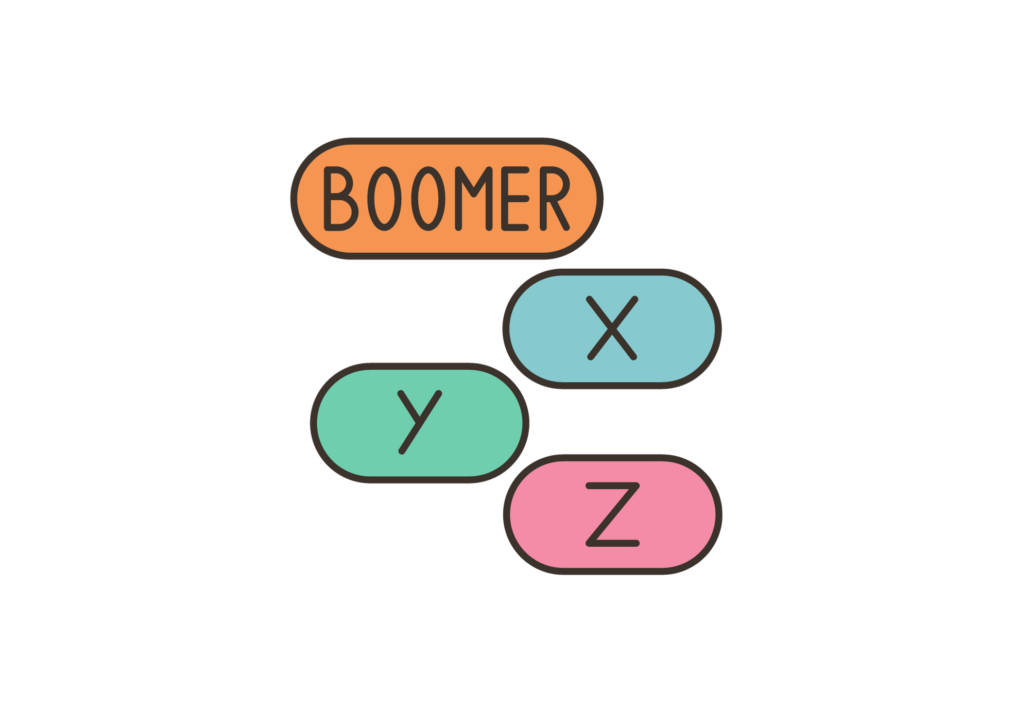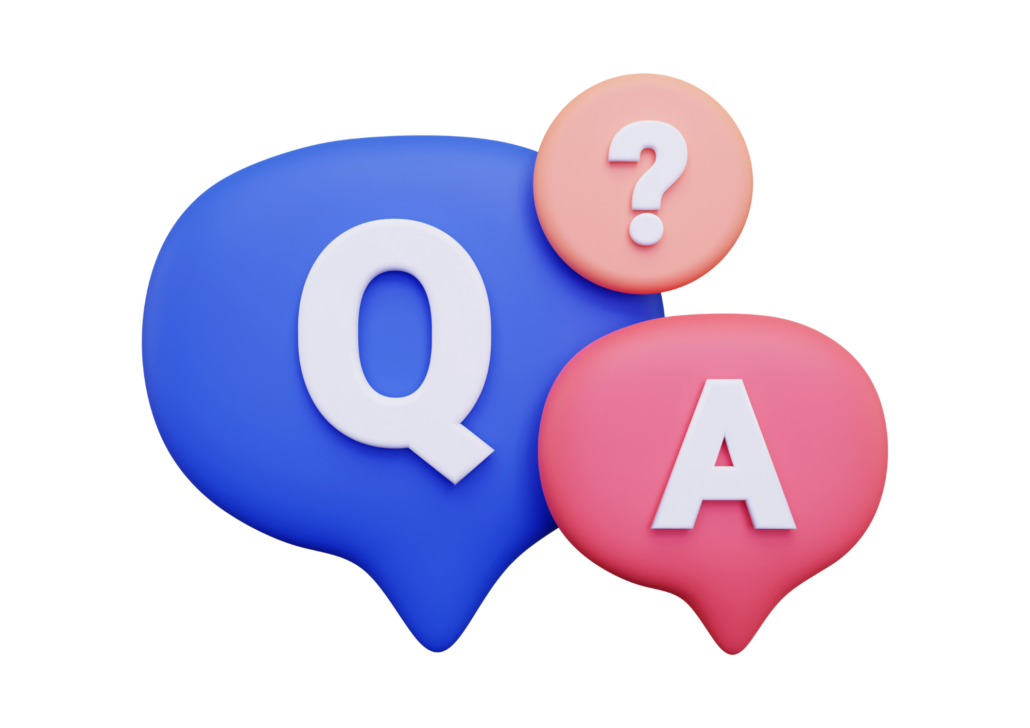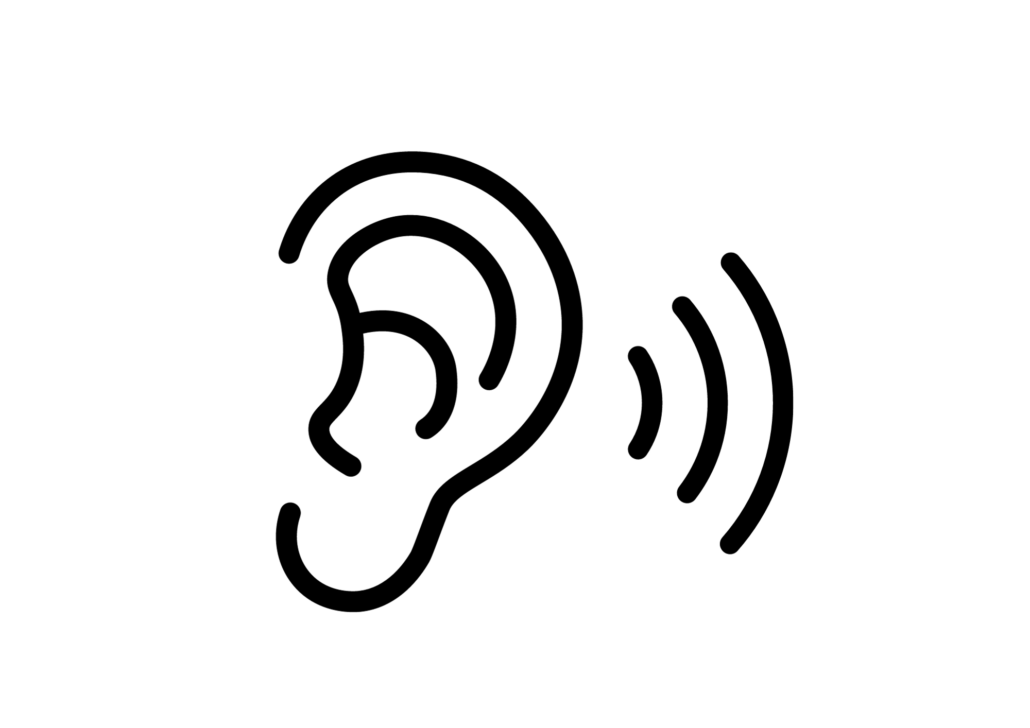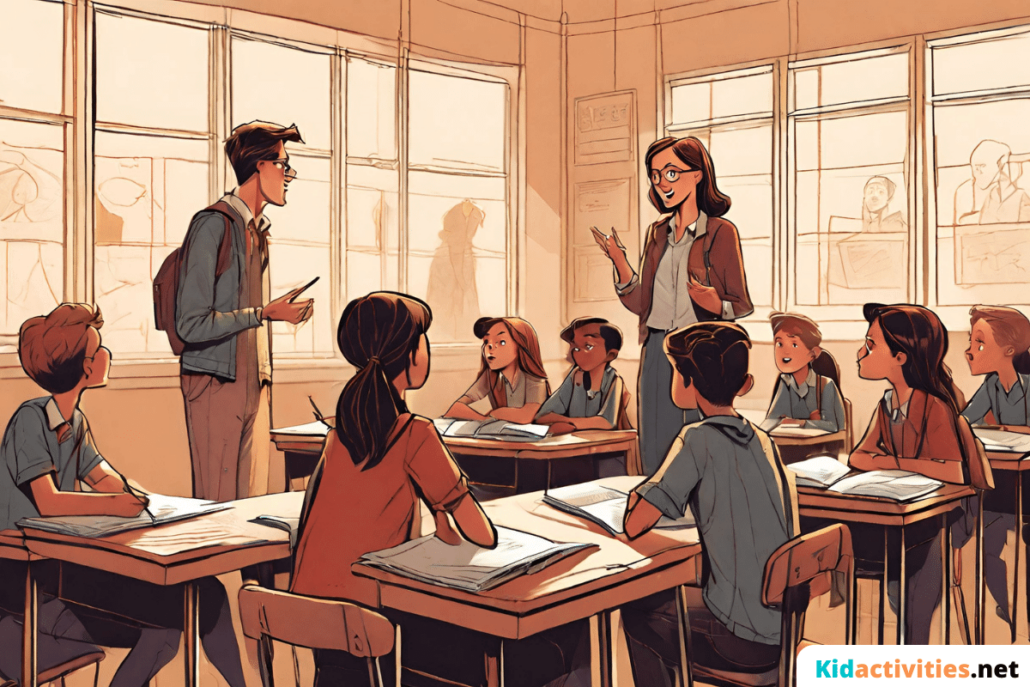The Generational Divide

I’m a millennial with two children – Gen Z and Gen Alpha. Due to social media trends of discussing what distinguishes one generation from another, my children have repeatedly brought up this topic of conversation.
Usually, they jokingly roll their eyes at me, saying, “Just like a millennial” when I check my phone repeatedly or turn up the volume when an early 2000s punk rock song comes on the radio.
The newfound awareness of how my children feel they are in a uniquely distinct generation from me caused me to wonder if my students also perceive the generations of their parents and teachers to be out of touch with their specific needs as young people today.
Perceiving oneself as disconnected from the generation that teaches and guides them could cause feelings of isolation or alienation in students.
While many obstacles remain the same for adolescents across time, students today are also experiencing both benefits and challenges unique to the world today.
Between the joking comments of my children and growing awareness of how my age has significantly expanded from the ages of my students over the past thirteen years of teaching, I begin to wonder what I didn’t know about the lived experience of my students.
What am I missing even as I get to know my students well over three years? What do I need to know to understand them better? What do my students need me to know so that I can be an effective educator?
While it’s impossible to cross the generational divide, one thing that educators can do for students is to listen to what their experience is like as adolescents at this specific time in history.
Student Demographics
My students are in middle school, in grades six, seven, and eight. Their ages range from eleven to fourteen, and they identify as both Gen Z and Gen Alpha depending on their birth year and the characteristics and values they hold close.
Of my students, 57% identify as male, while 43% identify as female. 42% of my students report their race as Latinx, 23% report as Caucasian, 19% report as African-American, 10% report as two or more races, and 6% report as Asian.
To learn more about what students need, I asked them to anonymously respond in a Google Form to the following prompt:
“Let’s face it – most teachers haven’t been students in quite some time. While some parts of school remain the same, your generation experiences both benefits and challenges that the previous generations (that of your teachers) never went through. What would be helpful for your teachers to know about what it’s like to be a student today? What it’s like being a teenager in society? What would be helpful for teachers to know about Gen Z/Alpha? Write as much as you can! Your email address will not be collected.”
Student Voices
Some of my students kept their responses simple, while others wrote as if they’d been waiting for someone to ask them this question. Some responses spoke to a student’s unique circumstance, but most students echoed shared concerns in their answers.
The shorter answers identified overarching issues in a student’s experience and mind.

“We are always tired.”
“Telling a teacher about the bully will not stop the bullying.”
“It is not their time anymore.”
Though these quotes are short, they speak to the issues of physical fatigue, emotional trauma, and the shifting power dynamics between generations.
While teachers only have so much control over how we can impact a student’s life (we cannot ensure a proper bedtime and quiet environment for sleeping, for example), we can be aware of the myriad of external and internal factors that shape the daily experiences of our students.
Knowing that a student may be exhausted can increase our patience with students who struggle to focus. Being aware of potential bullying can help us keep a keener eye on social dynamics in school.
Understanding that we need to de-center ourselves as educators and center students as they blossom into autonomous people can help us be more supportive teachers.
Trending Topics
Upon receiving my student’s answers, I started listing general topics they addressed (mental health, wanting to be heard, etc.) and tallying the number of times a student mentioned that particular topic in their responses.
Overall, there were three categories that students spoke about overwhelmingly more often than any other individual topic they discussed:
- Bullying from peers
- Feeling misunderstood by teachers
- The negative effects of the Internet (online games and social media)
Bullying amongst peers is not a new phenomenon in the current adolescent generation and is something that all generations of educators can understand and know how to support.
What students report that is different in their generation is that much of this bullying takes place online, through anonymous social media accounts, or through messages that disappear soon (though their impact lasts much longer).
I was surprised that students reported feeling negatively about the Internet and social media. Many students expressed concerns over feeling like they and their classmates could not resist the temptation of online games, even though they knew their time needed to focus in the classroom or go to sleep at a reasonable time.
Others felt that social media has increased the pressure of standards among young people, who are expected to curate an identity online and in real life.
The way the students wrote about feeling misunderstood by teachers (though there were a few positive teacher shout-outs) emphasized the disconnect students feel from people in their lives as little as one generation removed from them.
One student wrote, “Sometimes I wonder if teachers realize we are just kids in middle school.” They shared that teachers expect students to know everything and behave as adults.
Another student suggested, “If teachers showed that you really care for us with words and actions to support them, we will most likely show it back.”
Yet another wrote, “We just want to be HEARD!”
These words suggest that students want to be respected, listened to, and cared for – which all humans have a right to receive. Students are not asking for anything unreasonable.
Ultimately, today’s teens, though they face challenges unique to their generation, want the same thing as every generation – to be treated with dignity.
Bridging the Gap

As an educator, you may both enjoy and gain valuable insight into the inner workings of your student’s minds when you ask them this same question.
The answers will vary, of course, based on the lived experiences of your students and their unique circumstances. However, I suspect you will read similar wants and needs from your classroom. Let students know you care about them holistically by asking them what you need to know!
F.A.Q.s
Q: What is the benefit of having students submit their answers anonymously? Wouldn’t I want to know how each student feels individually?
A: Students can fully express themselves with anonymity, freeing them to say what’s on their minds without fear of repercussions or vulnerability.
Q: What if a student shares something concerning?
A: If a student reports that they are considering harming themselves or others, reports that they are being harmed by others, or makes these reports of another student, you have a legal responsibility to report to your school’s administration and student support team. You can work together to determine the identity of the student whose safety is compromised.
Q: What if my students say something negative about me, specifically?
A: Take it as honest feedback. Take it with a grain of salt – a student might be having a bad day or might have misunderstood you during an interaction – but let it be a piece of information to prompt reflection. When a student lets you know how you made them feel, they are reaching out to you – it’s an opportunity to bridge the gap between you.

